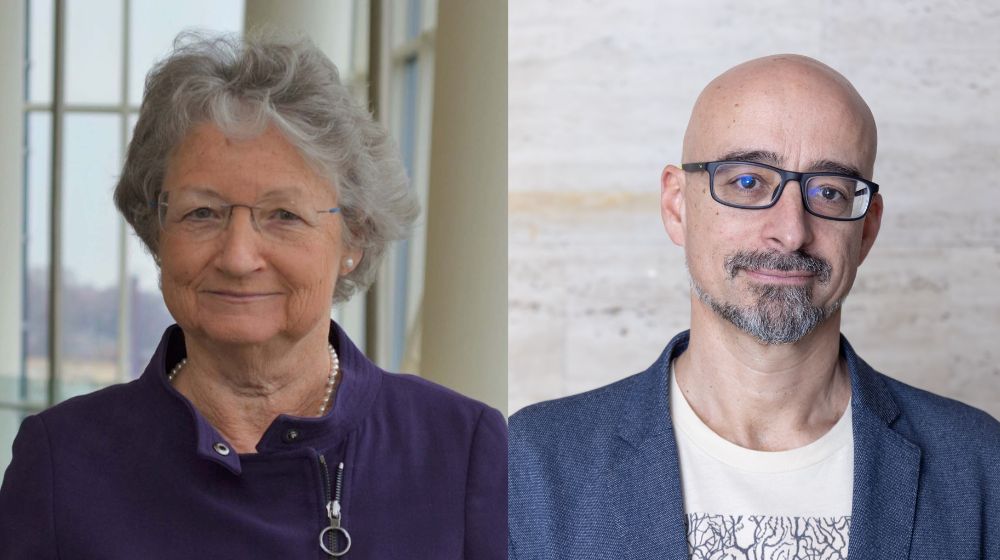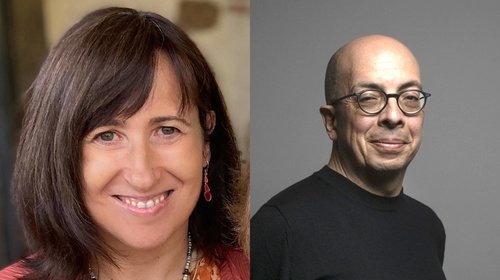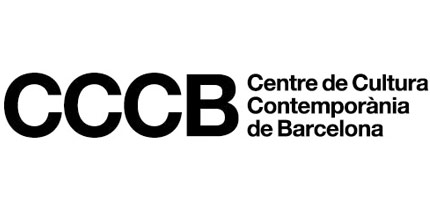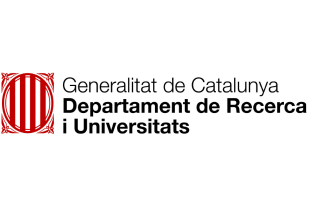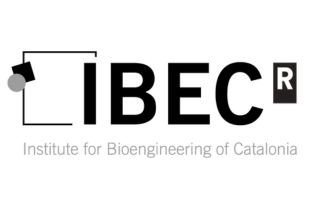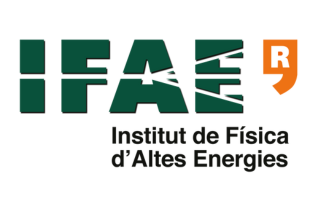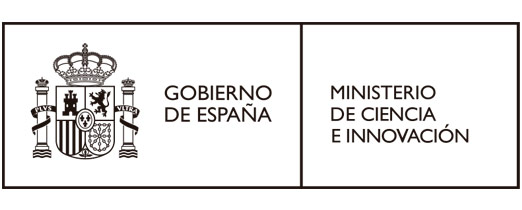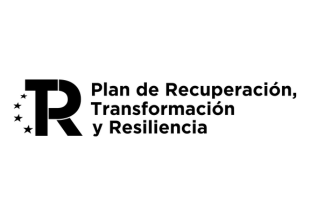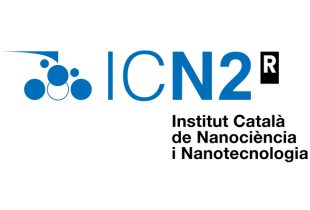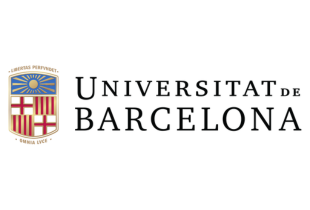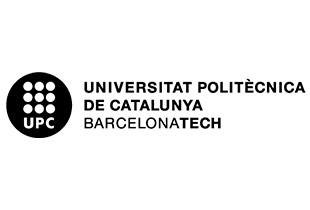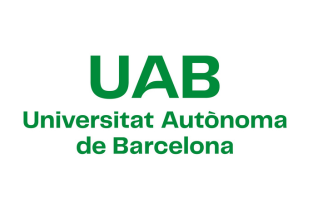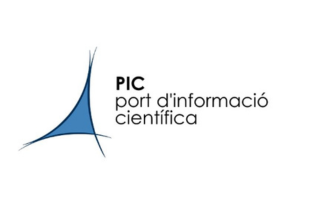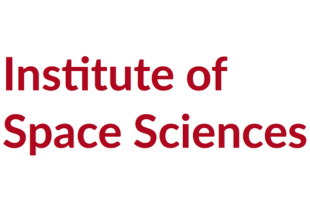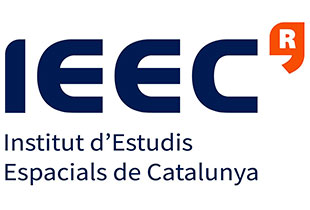Radical Science
Katherine A. High and Salvador Macip
Editing Humanity
Debate
World expert in gene therapy Katherine A. High and physician and writer Salvador Macip speak about the ways in which genome editing will affect the future of our species in a session that will open with CRISPR, a performance by the group of digital artists Bromo.
Genome editing is radically transforming biomedical research and practice. Genes are already being modified to treat hereditary blood disorders and conditions like deafness and blindness, and immune system cells are being edited to attack tumours. How far can this technology go? Besides curing diseases, could it be used to improve people’s characteristics? Is it just a matter of time before it ends up being used in every imaginable way, or can it be regulated?
We invite gene therapy pioneer, Katherine A. High and Salvador Macip, professor of Molecular Medicine at the University of Leicester, to ponder the future effects of this advance in medicine and speak about the ethical problems arising from it. The science journalist Núria Jar will moderate the discussion.
The session will open with an extract of the live performance CRISPR: The Pattern of Life, by the group of digital artists Bromo. In a musical and visual journey into a universe of synthetic biology and the philosophy of evolution CRISPR presents an abundance of impossible landscapes and reinterpreted nature.
CRISPR, The Pattern of Life, 2024
BROMO
Music: Paloma Peñarrubia
Visuals: Azael Ferrer
Duration: 20 minutes (extract)
This discussion is part of “Radical Science”, a cultural project resulting from the research strategy devised by the Complementary Joint Research Plans fund, which is coordinated in Catalonia through ICFO, ALBA Synchrotron, IBEC, and IFAE.
Moderators: Núria Jar
Participants: Katherine A. High, Salvador Macip, Bromo
This activity is part of Editing Humanity, Radical Science
